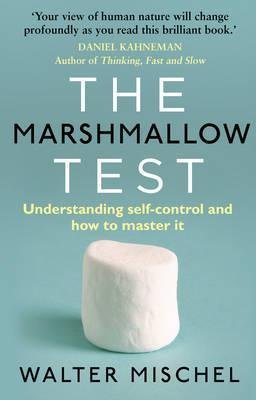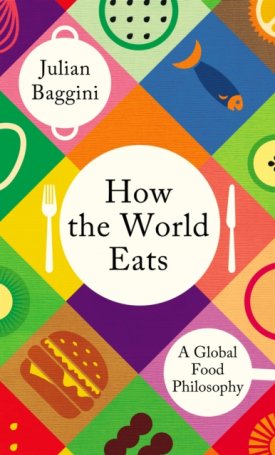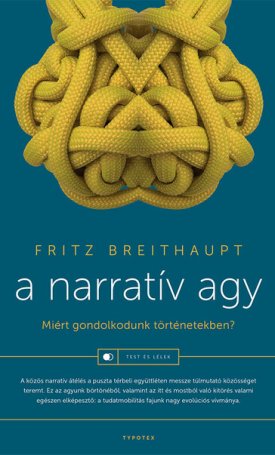The Marshmallow Test - Understanding Self-control and How To Master It
ISBN: 9780552168861
Nyelv: angol
Méret: 129*198
Tömeg: 234 g
Oldalszám: 336
Megjelenés éve: 2015
The Marshmallow Test - Understanding Self-control and How To Master It
A child is presented with a marshmallow and given a choice: Eat this one now, or wait and enjoy two later. What will she do? And what are the implications for her behaviour later in life?
Walter Mischel’s now iconic `marshmallow test,` one of the most famous experiments in the history of psychology, proved that the ability to delay gratification is critical to living a successful and fulfilling life: self-control not only predicts higher marks in school, better social and cognitive functioning, and a greater sense of self-worth; it also helps us manage stress, pursue goals more effectively, and cope with painful emotions. But is willpower prewired, or can it be taught?
In his groundbreaking new book, Dr. Mischel draws on decades of compelling research and life examples to explore the nature of willpower, identifying the cognitive skills and mental mechanisms that enable it and showing how these can be applied to challenges in everyday life--from weight control to quitting smoking, overcoming heartbreak, making major decisions, and planning for retirement.
With profound implications for the choices we make in parenting, education, public policy and self-care, The Marshmallow Test will change the way we think about who we are and what we can be. And since, as Mischel argues, a life with too much self-control can be as unfulfilling as one with too little, this book will also teach you when it’s time to ring the bell and enjoy that marshmallow.
Walter Mischel holds the Robert Johnston Niven chair as professor of humane letters in psychology at Columbia University. He is the author of more than two hundred scientific papers as well as the coauthor of Introduction to Personality, now in its eighth edition. He has been elected to the National Academy of Sciences and the American Academy of Arts and Sciences, and has won the Distinguished Scientific Contribution Award of APA and the Grawemeyer Award for Psychology. He lives in New York.
















